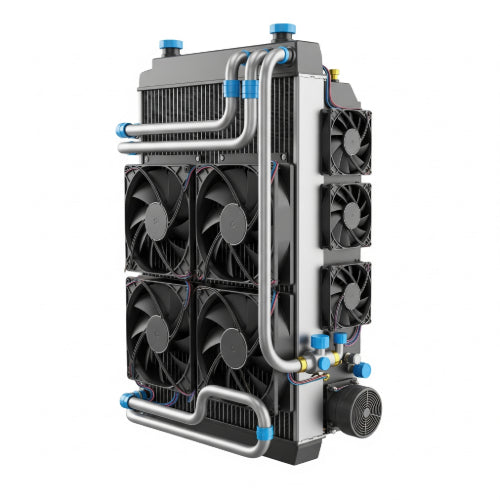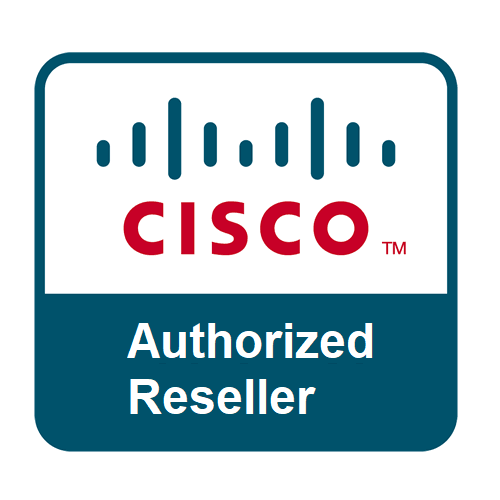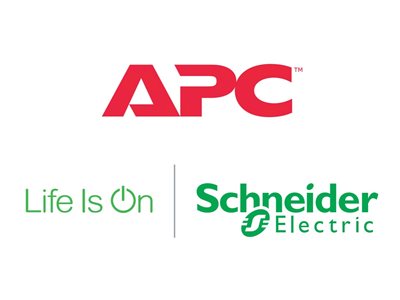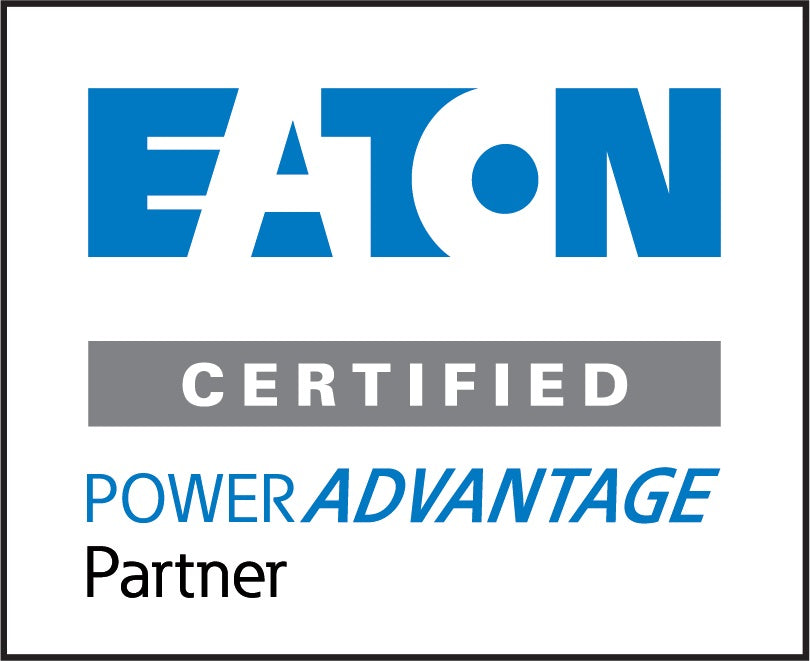Beat the Heat: How to Optimize Your Cooling System for Maximum Efficiency
In a tropical climate like the Philippines, especially in places like General Trias, Calabarzon, a reliable and efficient cooling system isn't just a comfort – it's a necessity. Whether it's for your home, office, or server room, an optimized cooling system keeps you comfortable, protects your electronics, and, most importantly, saves you money on energy bills.
But simply cranking up the AC isn't the most efficient approach. Maximizing your cooling system's efficiency involves a combination of smart habits, regular maintenance, and strategic upgrades. Here's how to ensure your cooling system works smarter, not harder:
1. Regular Maintenance: The Unsung Hero of Efficiency
This is the most critical and often overlooked aspect of cooling system optimization.
- Clean or Replace Air Filters: This is paramount. Dirty filters restrict airflow, forcing your system to work harder and consume more energy. Check filters monthly and clean or replace them every 1-3 months, or more frequently if you have pets or allergies.
- Clean Coils (Evaporator & Condenser): Over time, dust and grime accumulate on both indoor (evaporator) and outdoor (condenser) coils. Dirty coils reduce the system's ability to absorb and release heat. Have them professionally cleaned annually, or if you're comfortable, gently clean visible outdoor coils yourself (after powering down the unit).
- Clear Around Outdoor Unit: Ensure the outdoor condenser unit has at least 2-3 feet of clearance around it. Remove any leaves, debris, or vegetation that could obstruct airflow.
- Check Refrigerant Levels: Low refrigerant levels can drastically reduce efficiency. This indicates a leak and requires a professional HVAC technician to fix and recharge the system.
- Inspect Ductwork: Leaky ducts can lose a significant amount of cooled air before it even reaches your rooms. Have a professional inspect and seal any leaks in your ductwork.
2. Smart Thermostat Usage: Control Your Climate, Control Your Costs
Your thermostat is your cooling system's brain. Use it wisely.
- Set the Right Temperature: Resist the urge to set your thermostat to an extremely low temperature right away. Every degree you raise your thermostat in warmer months can save you energy. Find a comfortable temperature that's not excessively cold.
- Programmable/Smart Thermostats: These are game-changers. Program your thermostat to raise the temperature when you're away from the office or home and lower it just before you return. Smart thermostats can learn your habits and even connect to your phone for remote control.
- Avoid Constant Adjustments: Constantly fiddling with the thermostat actually makes your system work harder. Find a comfortable setting and stick to it.
3. Improve Home/Office Insulation and Sealing
Keeping the cool air in and the hot air out is fundamental.
- Seal Leaks: Inspect windows, doors, and any penetrations in walls (e.g., around pipes or electrical outlets) for air leaks. Use caulk and weatherstripping to seal these gaps.
- Insulation: Ensure your attic, walls, and ceiling are adequately insulated. Proper insulation acts as a barrier, preventing heat from entering your space.
- Window Treatments: Use blinds, curtains, or drapes to block direct sunlight during the hottest parts of the day. Reflective window films can also significantly reduce heat gain.
4. Strategic Fan Usage: A Low-Cost Helper
Fans don't cool the air, but they create a wind-chill effect that makes you feel cooler, allowing you to raise your thermostat a few degrees.
- Ceiling Fans: Ensure ceiling fans are rotating counter-clockwise in summer to push air down. Turn them off when you leave a room, as they only cool people, not the space itself.
- Portable Fans: Use portable fans in occupied areas to supplement your AC, creating a localized cool zone.
5. Reduce Internal Heat Sources
Your electronics and appliances generate heat, making your cooling system work harder.
- Turn Off Unused Electronics: Computers, monitors, and lights generate heat. Turn them off when not in use.
- Use Energy-Efficient Appliances: When purchasing new appliances, look for energy-star rated models that generate less heat.
- Cook Smart: During the hottest parts of the day, consider cooking methods that generate less heat, like grilling outdoors or using a microwave, instead of the oven or stove.
6. Consider System Upgrades (Long-Term Investment)
If your system is old, a new unit might be more efficient in the long run.
- High SEER Rating: When replacing an AC unit, look for a high SEER (Seasonal Energy Efficiency Ratio) rating. Higher SEER numbers indicate greater efficiency.
- Inverter Technology: Modern inverter-type air conditioners are significantly more energy-efficient than traditional on/off units, as they can adjust their compressor speed to match the cooling demand precisely. These are very popular in the Philippines due to their efficiency benefits.
By implementing these tips, you can significantly optimize your cooling system's performance, extend its lifespan, and most importantly, enjoy a more comfortable environment while keeping those energy bills in check. Beat the heat efficiently, whether you're working, relaxing, or enjoying the vibrant community of General Trias!







